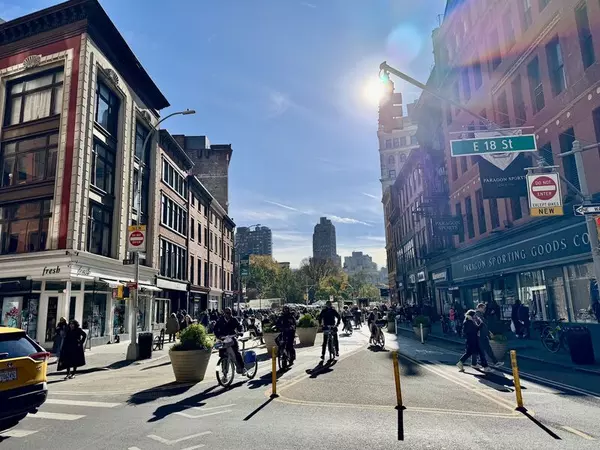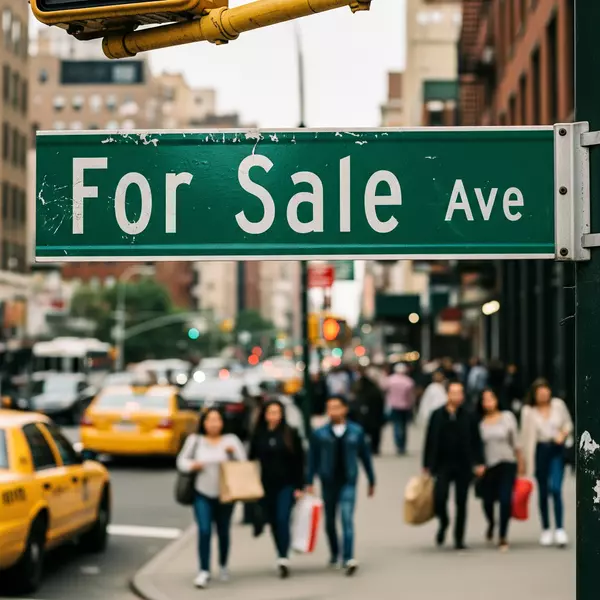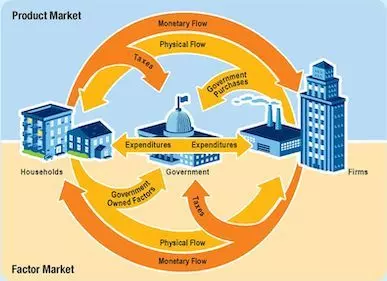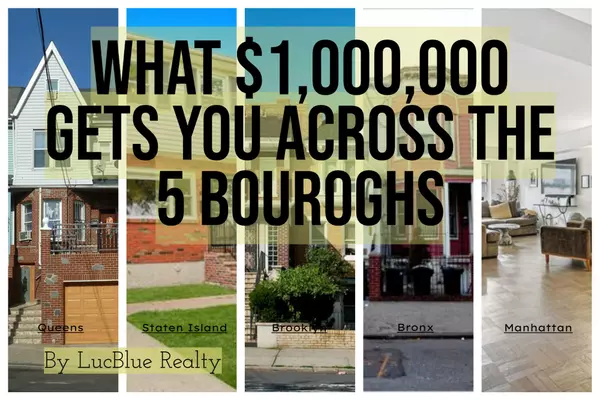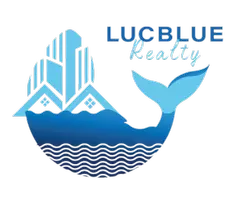The "One Big Beautiful Bill": How New Federal Legislation Could Reshape NYC Real Estate
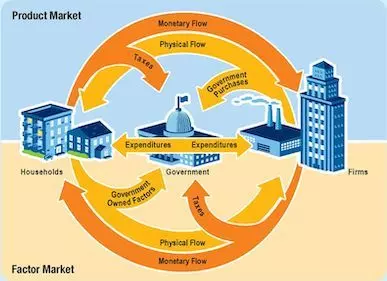
The "One Big Beautiful Bill": How New Federal Legislation Could Reshape NYC Real Estate
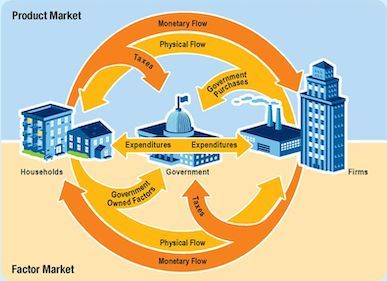
The recent passage of "The One Big Beautiful Bill" (OBBB) in the U.S. Senate marks a significant federal legislative event, poised to bring about wide-ranging changes across the American economy. While much of the discussion has centered on its implications for national security, welfare reform, and overall tax policy, its provisions could have notable, albeit often indirect, ripple effects on the real estate market, including the unique landscape of New York City.
At LucBlue Realty, we understand that changes at the federal level can influence local market dynamics, affecting everyone from property owners and renters to developers and potential new homeowners. Our goal is to provide an objective analysis of how the OBBB's key components might influence New York City's diverse real estate ecosystem.
It's important to remember that the full impact of such comprehensive legislation unfolds over time and can be influenced by subsequent regulations and market responses. This analysis focuses on the direct and indirect ways the OBBB could shape your real estate decisions.
1. Real Estate Owners: Tax Relief and Cost Considerations
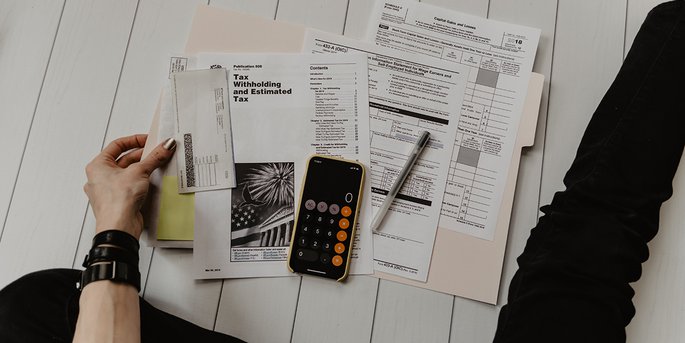
For existing real estate owners, particularly individual homeowners and those with investment properties, the OBBB primarily introduces changes related to the tax code.
- Permanent Tax Cuts: A core component of the OBBB is making permanent many of the individual and business tax breaks from the 2017 Tax Cuts and Jobs Act (TCJA) that were set to expire. For homeowners, this means certain income tax rates and brackets remain lower, potentially increasing disposable income that could be allocated towards mortgage payments, property maintenance, or home improvements.
- Mortgage Interest Deduction (MID) & SALT Cap:
- The bill is expected to address the State and Local Tax (SALT) deduction cap, which currently limits the deduction for state and local income and property taxes to $10,000. While the exact details can vary, the OBBB aims to make the SALT cap permanent at a higher threshold ($40,000), which would be a significant benefit for high-tax states like New York. This could effectively reduce the tax burden for many NYC homeowners, making homeownership more financially viable for some.
- Changes to the home mortgage interest deduction from the TCJA (e.g., the $750,000 loan limit for new mortgages) are also expected to be made permanent. While this doesn't offer new benefits, it solidifies the existing framework for mortgage interest deductibility.
- Other Individual Deductions: The bill includes various other individual deductions that could affect a homeowner's overall tax liability, such as a new temporary $6,000 deduction for most older adults and the ability for workers to deduct tips and overtime pay. Increased take-home pay for individuals could indirectly bolster housing affordability.
- Estate and Gift Tax Exemption: The bill proposes to permanently increase the estate and gift tax exemption to an inflation-indexed $15 million beginning in 2026. For high-net-worth property owners, this could significantly reduce potential estate tax liabilities on real estate assets, impacting long-term wealth transfer strategies.
2. Renters: Indirect Impacts on Affordability and Supply

The OBBB doesn't directly address rent control or renter protections at the federal level, which are typically governed by state and local laws (like those recently debated in NYC). However, its economic and welfare provisions could have indirect effects on renters.
- SNAP and Medicaid Changes: The bill includes significant spending cuts, largely to Medicaid and the Supplemental Nutrition Assistance Program (SNAP), by imposing new work requirements and stricter eligibility.
- Potential Impact on Low-Income Renters: For low-income renters who rely on these programs, reduced benefits or stricter access could diminish their ability to afford housing, potentially increasing housing insecurity in already expensive markets like NYC. This could put more pressure on local housing assistance programs.
- Economic Stimulus: Proponents argue that the tax cuts for businesses and individuals, along with infrastructure spending, will stimulate economic growth and job creation.
- Potential Impact on Job Market: A stronger economy could lead to increased wages and employment, which could improve affordability for some renters. However, increased demand for housing resulting from a booming economy could also put upward pressure on rents if housing supply doesn't keep pace.
- Infrastructure Funding: While broad, federal infrastructure funding can improve public transportation and connectivity, potentially making previously less accessible areas more attractive for renters and reducing commute times.
3. Real Estate Developers: Business Incentives and Potential Shifts

For real estate developers, particularly those involved in commercial, industrial, or large-scale residential projects, the OBBB offers several business-focused incentives and regulatory shifts.
- 100% Bonus Depreciation: A key provision is the permanent restoration of 100% bonus depreciation for business investment, and immediate expensing for domestic research and development (R&D) expenses (temporary through 2029).
- Potential Impact: This allows businesses, including real estate developers, to immediately write off the full cost of certain capital expenditures (like new equipment or building improvements). This is a strong incentive for new construction and significant renovations, potentially spurring more development projects, especially in sectors like industrial, logistics, and certain commercial real estate.
- Tax Code Certainty: The permanent extension of various tax breaks from 2017 offers long-term certainty for businesses.
- Potential Impact: This predictability can encourage long-term planning and investment in real estate projects, as developers can better project their after-tax returns.
- Targeted Manufacturing/Extraction/Agriculture Expensing: New provisions for 100% expensing of qualifying structures in manufacturing, extraction, and agriculture sectors (for construction beginning before end of 2028).
- Potential Impact in NYC: While NYC is not a primary manufacturing hub, this could indirectly benefit the demand for related industrial and warehouse real estate in the broader metropolitan area, as businesses expand.
- Changes to Clean Energy Credits: The bill is expected to sunset major Inflation Reduction Act (IRA) green tax subsidies (like clean electricity production and investment tax credits) after 2025, with some exceptions.
- Potential Impact: For developers focused on green building or renewable energy integration, this could alter the financial calculus, potentially making some sustainable development projects less attractive without those incentives.
4. Real Estate Investors: Tax Planning and Opportunity Zones
Real estate investors, from individual landlords to large institutional funds, will find several provisions in the OBBB relevant to their tax planning and investment strategies.
- Bonus Depreciation & Expensing: As mentioned for developers, the 100% bonus depreciation and R&D expensing are significant for investors who acquire and improve properties, allowing for accelerated write-offs.
- Qualified Opportunity Zones (QOZ): The OBBB proposes to permanently extend and expand the QOZ program, which encourages investment in economically distressed communities.
- Potential Impact: This could reinvigorate investment in designated Opportunity Zones across NYC (e.g., parts of the Bronx, Brooklyn, Queens), offering investors continued capital gains deferral and potential tax exclusion on appreciation for long-term holdings. The proposed changes (rolling 10-year designations, updated LIC definitions) could refine where and how these investments occur.
- Estate and Gift Tax: The increased exemption amounts directly impact wealth transfer planning for real estate portfolios.
- Overall Economic Climate: The bill's aim to boost the economy through tax cuts and deregulation could foster a more pro-business environment, potentially increasing demand for commercial real estate, impacting rental growth, and supporting property values in general.
5. Potential New Homeowners: Affordability and the Broader Economy

For those aspiring to enter the NYC homeownership market, the OBBB's impact is less direct but still significant, primarily through changes to overall economic conditions and affordability.
- Increased Disposable Income: If the individual tax cuts translate to genuinely "bigger paychecks" as proponents claim, potential homeowners could see an increase in their ability to save for down payments or afford monthly mortgage payments. The deduction for tips and overtime could particularly benefit service industry workers common in NYC.
- Interest Rate Environment: The OBBB does not directly dictate federal interest rates, which are managed by the Federal Reserve. However, large fiscal policies like the OBBB can influence inflation and the Fed's decisions. If the bill leads to significant economic growth or inflation, it could indirectly influence the trajectory of interest rates, which are critical for mortgage affordability.
- Housing Supply: While the OBBB offers incentives for developers, its primary focus isn't on direct housing supply initiatives that directly target affordability for a broad range of new homeowners in high-cost areas like NYC. The hope is that broader economic growth and investment incentives could indirectly lead to more housing starts, eventually easing supply constraints.
- Confidence in the Economy: A general sense of economic stability and growth, bolstered by permanent tax cuts and investment incentives, can increase consumer confidence. This often translates into more individuals feeling secure enough to make large purchases like a home.
Final Thoughts: Adapting to the New Federal Landscape with LucBlue Realty
The "One Big Beautiful Bill" represents a sweeping piece of federal legislation with a focus on tax reform, economic growth, and spending adjustments. While its most direct impacts are on federal revenue and individual/business taxation, these changes inevitably cascade into the real estate sector.
For NYC property owners, the potential for increased disposable income and favorable tax treatment (especially regarding the SALT cap) could bolster financial stability. Renters may face indirect pressures from changes to social programs, though broader economic growth could offer some relief. Developers and investors stand to benefit from significant business tax incentives designed to spur investment and construction. Finally, potential new homeowners could see improved affordability through enhanced take-home pay, though mortgage rates and local supply dynamics remain critical factors.
Navigating the complexities of these federal shifts, especially within the unique and multifaceted New York City market, requires expert guidance. At LucBlue Realty, we stay abreast of all legislative developments that could impact your real estate interests. Our team is dedicated to providing you with the informed analysis and strategic advice you need to make the best decisions, whether you're buying, selling, renting, or investing in the evolving landscape of NYC real estate.
Understanding how the One Big Beautiful Bill affects your real estate goals is essential. Contact LucBlue Realty today for a personalized consultation and up-to-date market insights.
Categories
Recent Posts
